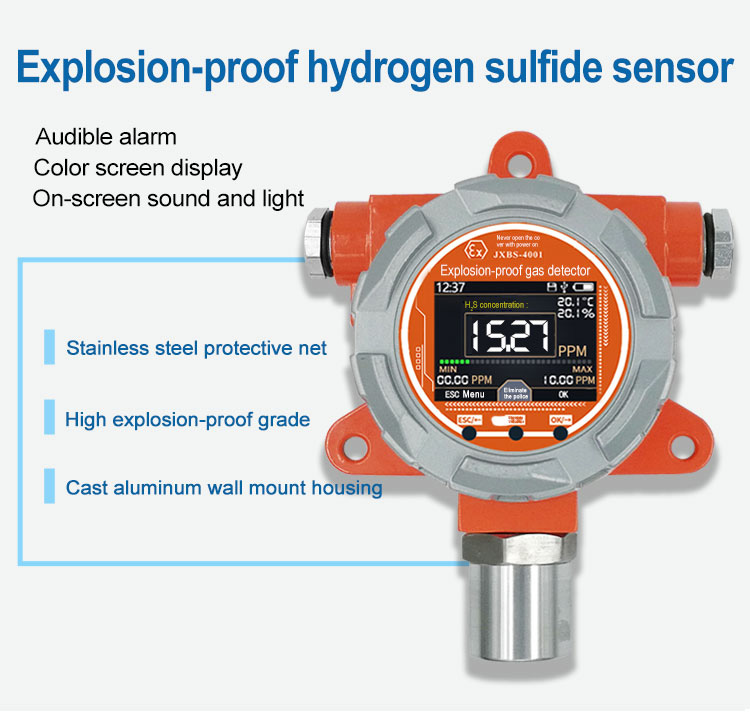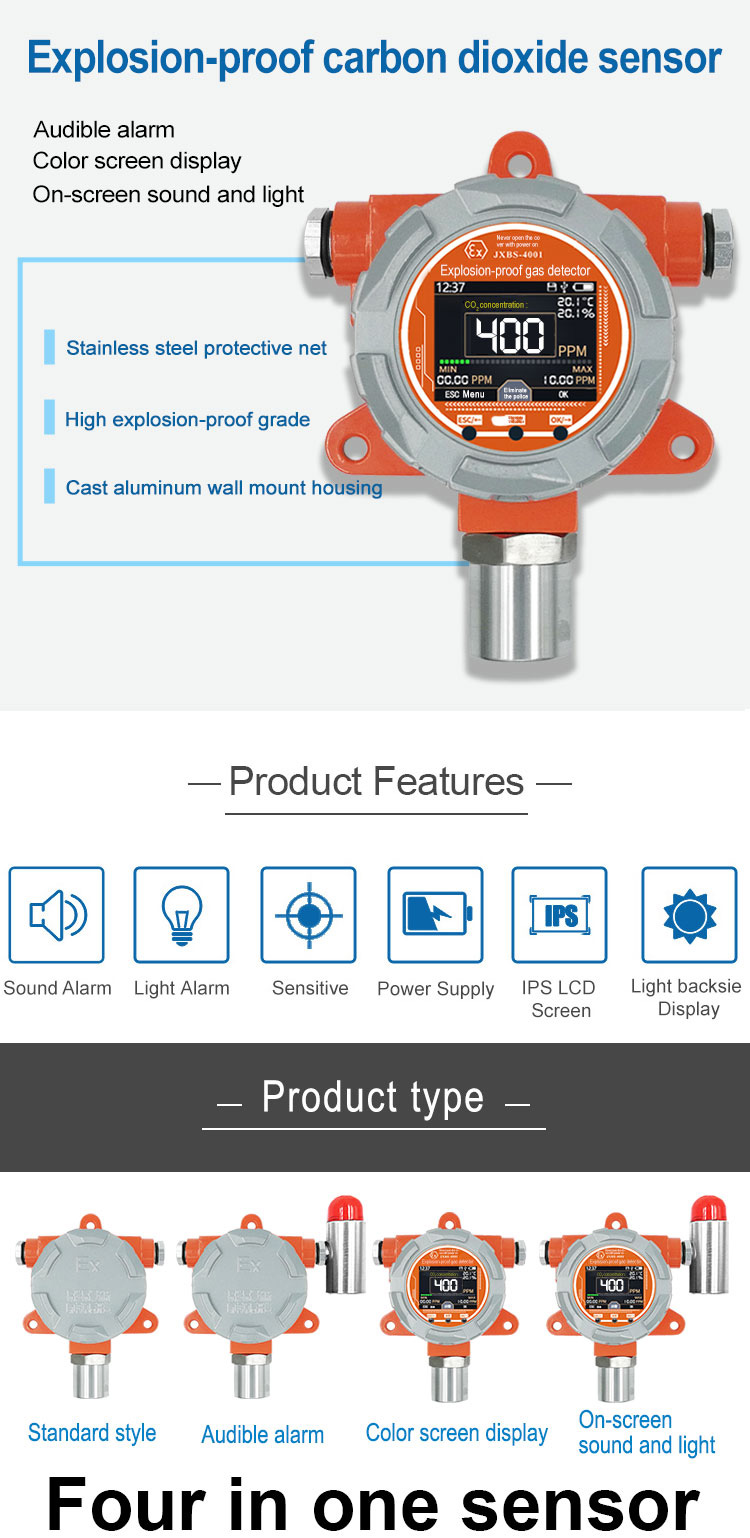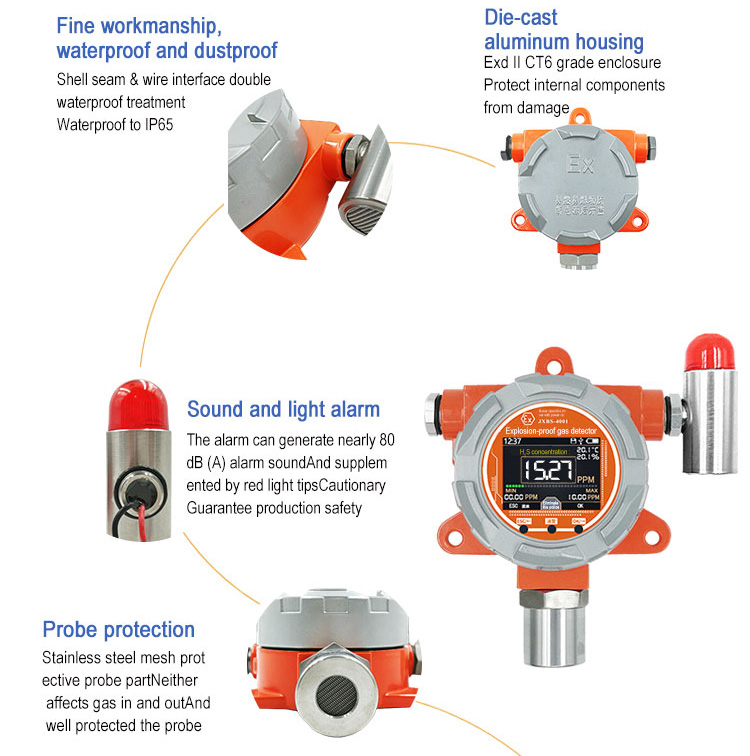The advancement of modern technology has brought about an increase in our standard of living, but at the same time, it has also caused damage to our environment. With climate change, pollution, and other environmental challenges facing us today, it's more important than ever to find ways to protect our planet. Gas sensors can play an important role in advancing environmental sustainability by helping us monitor and manage emissions from various sources and promote a greener future.
What are gas sensors?
Gas sensors are devices that detect the presence of gases in the air. They work by using a chemical or physical reaction to determine the concentration of a particular gas in the atmosphere. Gas sensors can detect different types of gases, including carbon monoxide, nitrogen oxides, methane and sulfur dioxide.
Applications of gas sensors in environmental sustainability
Air Pollution Monitoring
Air pollution is one of the most significant environmental issues globally, with millions of people dying every year due to polluted air. Gas sensors can be used to monitor air quality and detect pollutants in the atmosphere. This information can help governments and organizations make decisions on policy and regulatory actions to reduce air pollution levels.
Industrial Emissions Monitoring
Industries are the biggest sources of air pollution, with factories emitting harmful gases into the atmosphere. Gas sensors can monitor and detect harmful gases like nitrogen oxides, sulfur dioxide, and carbon monoxide from industrial processes. Companies can use this data to optimize their manufacturing processes and reduce emissions, promoting a greener environment.
Landfill Gas Monitoring

Landfills produce methane and other harmful gases as organic waste decomposes. Methane is a particularly potent greenhouse gas, which contributes significantly to climate change. Gas sensors can be used to detect these gases, and monitoring the levels can help manage landfills better. Controlled gas extraction systems can capture these gases and use them for energy generation instead of releasing them into the atmosphere.
Agricultural management
Agriculture is another significant contributor to greenhouse gas emissions. Methane from livestock and carbon dioxide from crops contribute significantly to climate change. Gas sensors can detect these gases and enable farmers to make more informed decisions about fertilization, irrigation and other aspects of agriculture which affect the environment.
Benefits of gas sensors for environmental sustainability
Early Detection: Gas sensors detect pollutants early, allowing for quick action by governments and organizations to address the issue. Early warning can help reduce air pollution levels before it becomes a severe problem.
Efficient Resource Management: Data collected by gas sensors help companies identify inefficiencies in their manufacturing processes. This information can be used to optimize resource usage, reducing costs and minimizing waste.
Better Regulatory Compliance: Gas sensors help businesses remain compliant with environmental regulations, avoiding costly penalties and legal issues that come with non-compliance.
重点词汇
 : +86 155 8830 2704
: +86 155 8830 2704 : jxdziot@gmail.com
: jxdziot@gmail.com
